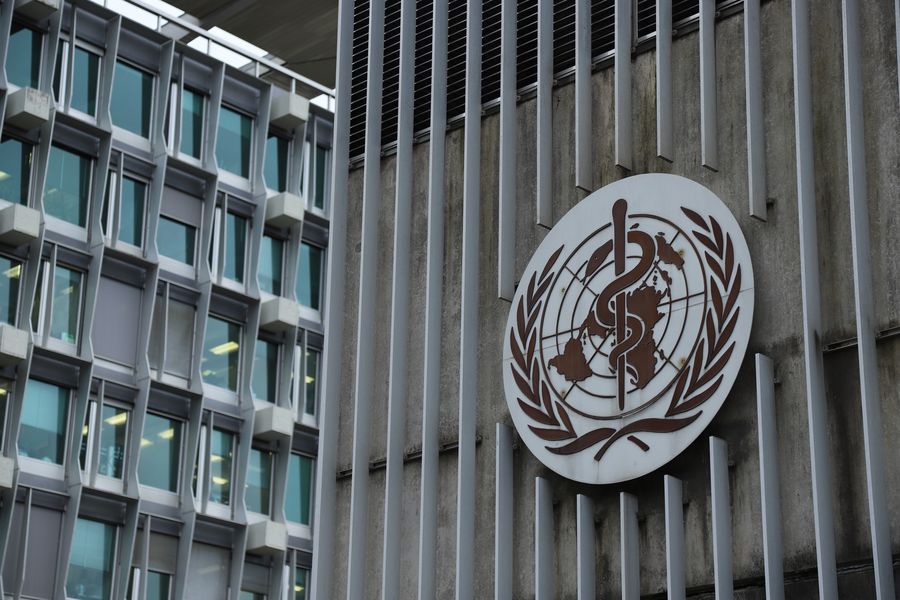WHO calls for solidarity amid rising COVID-19 risks


The head of the World Health Organization stressed that the novel coronavirus is still a major public health crisis and it is "a race to save lives, livelihoods and end this pandemic".
In the organization's first press briefing of 2021, WHO director-general Tedros Adhanom Ghebreyesus said the pandemic has "shown us once again how a new infectious virus puts those with underlying conditions at highest risk of dying" and that extra stress has been put on the health system in countries with high numbers of people with health conditions.
"In the year ahead, scientists and public health experts from inside and outside WHO will continue to work with us to break down the latest science and innovations and putting forward solutions so that we can build back greener and stronger health systems," Tedros said.
The WHO head said: "We have entered a new phase of the pandemic," and that solidarity is "needed like never before".
"Caseloads are so high in several countries that hospitals and intensive care units are filling up to dangerous levels," he said. "For some countries, during the recent holiday period and cold weather, people mixed indoors more, which we know is riskier and will have consequences. New variants, which appear to be more transmissible, are exacerbating the situation."
He called on all countries to increase testing and sequencing of the virus in order to monitor and respond effectively to any changes.
"We must act for the most vulnerable that need help right now. As well as minimizing contacts in this critical period, governments must support people who have to isolate or quarantine. Just as governments have generated stimulus to keep economies going, it's important to find innovative ways to offer people the chance to isolate safely away from others," Tedros said.
Last week the WHO issued its first emergency use listing for the Pfizer-BioNTech vaccine, and the director-general said it was encouraging to see the AstraZeneca vaccine rollout on Monday.
"The scientific community has set a new standard for vaccine development. Now the international community must set a new standard for access," he said.
He wants to see all manufacturers channel supply to COVAX quickly so rollouts can begin and those at high-risk are protected.
COVAX, the WHO's global program for the fair distribution of future vaccines, is backed by 190 countries.
"We owe it morally to health workers everywhere who have been fighting the COVID-19 pandemic around the clock for the best part of a year, to vaccinate them all as soon as possible," he said. "People must come first over short-term profits. It's in countries self-interest to shun vaccine nationalism."
He pointed out that vaccinating health workers and those at high risk of serious disease is "the fastest way to stabilize health systems, ensure all essential health services are up and running and that a truly global economic recovery can take place".
"I urge all governments to work together and live up to their commitments to equitable distribution globally and all pharmaceutical groups to boost supply as quickly as possible and to fully participate in COVAX," he said.
Also at the online briefing, Alejandro Cravioto, chairman of WHO's Strategic Advisory Group of Experts on Immunization (SAGE), said COVID-19 patients should take two doses of the Pfizer and BioNTech vaccine within a period of 21-28 days.
"We deliberated and came out with the following recommendation: two doses of this vaccine within 21-28 days."
































